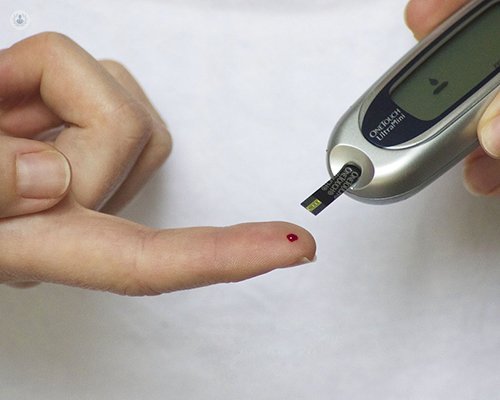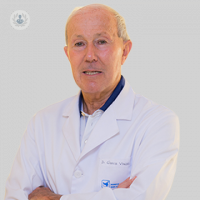350 million people worldwide suffer from Diabetes
Written by:According to reliable estimates, in the world there are 350 million people with diabetes, 90% of which correspond to Type 2 Diabetes.
The greatest growth has occurred in developing countries, approaching China to 90 million cases and India 65 million. Also in the Middle East, where Qatar has the highest prevalence rate in the world, reaching 23% of the male population.
Causes of Diabetes
The mechanism is similar in all countries. When a country increases its level of life consume more sugar and fat, while decreasing their physical activity. This increases the number of diabetics quickly.
In Europe highlights the case of Spain, where there is more than 3 million diabetics, similar to that of Germany or France, countries with 30% more inhabitants.
Diabetes is a disease state known for centuries. However, today the knowledge of its causes, course and treatment is incomplete.
The deterministic explanation of the genetic causes and origin of the disease for quite some time excluded social, anthropological and lifestyle aspects. It is now accepted without question that genetic factors are necessary but not sufficient to develop diabetes.

Risk Factors for Diabetes
Risk factors Diabetes can be summarized as non - modifiable and modifiable:
- Unmodifiable: race and family history. Having a parent or diabetic mother is a 40% chance of developing the disease and if both are, the risk increases to 70%. So far about 30 genes have been identified among millions of potential genetic changes associated with type 2 diabetes and most with dysfunction of pancreatic β cells. There are also ethnic groups at higher risk of developing type 2 diabetes, and indigenous breeds in North America, Pacific Islands and Australia, reaching the prevalence up to 30%, while in Africa is only 3%. However, given the genetic influence, the atmosphere is decisive and the connection between genes and environment is in abdominal fat.
- Modifiable: most of them are related to overweight and obesity, which are the most important in the onset and evolution of DM2. The high caloric intake, predominantly sugars and saturated fats, as well as the decrease of vegetable fats, is an atherogenic diet that leads directly to the development of the metabolic syndrome and type 2 diabetes.
If we add a sedentary lifestyle, due to the pace of working life in the cities and situations of anxiety and stress features of our culture, we have the perfect situation to appear Diabetes. Among these factors, and attached to them, hypertension and disorders of the metabolism of fats and proteins, hypercholesterolemia, increased triglycerides and uric acid appear.
The grouping of all these changes is called metabolic syndrome characterized by central obesity. Basically, adipocytes or fat cell produces insulin resistance, by releasing hormone and inflammatory factors, and liver fat infiltrates. Insulin resistance increases production, hyperinsulinism that is depleted insulin secretion and worsening the metabolic situation.
Diabetes Prevention
The answers are obvious. Genetic risk factors in DM2 are unalterable today, but concerning the way of life must be modified to improve the health of people.
Among the many changes to be made, in the case of type 2 diabetes are not able to control their increase if dietary habits, overweight and obesity in the form of silent plague, increasingly affecting the world population will not change.
Reducing calories, fewer simple carbohydrates, saturated fat and more vegetables, fish protein, water ... are basic references must be adapted to each person, seeking its appropriate weight to their physical characteristics and the recommended level of physical activity .


